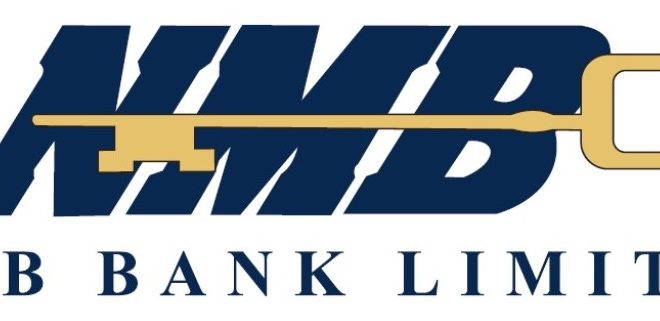‘Single exchange reference ideal for business’
THE prevailing multiple exchange rates are causing price distortions in the market and businesses leaders believe adoption of a single reference exchange rate is ideal in stabilising costs and preserving consumer purchasing power.
Speaking during the International Business Conference, a key highlight of the Zimbabwe International Trade Fair (ZITF) last Wednesday, the business community expressed concern over the weakening of the local currency against the United States dollar, which has been blamed for the erosion of incomes and the loss of purchasing power amid price escalation.
Zimbabwe International Trade Fair
The Government has blamed this on rampant market indiscipline involving some influential economic players who stand accused of sabotaging the progress so far achieved in the fiscal and monetary front. This comes at a time when there is consensus that economic key fundamentals at the moment are all stable.
However, foreign exchange rate volatility and the existence of an alternative market has tended to drive business operating costs up, as price indexing to the United States dollar has become rampant.
While the country had enjoyed notable price stability since the introduction of the auction system in June last year, there has recently been price increases across products.
Retailers said the increase resulted from a number of factors among them price increases by producers, arbitrage and opportunism by few players.
Manufacturers on one hand argue that businesses have been responding to the general adjustments in various rates and fees across the economy and the absorption of these costs reflected in price increases as the costs are passed on to the consumer. This has reflected in surging monthly inflation with the latest official data released by the Zimbabwe Statistics Agency (ZimStat) indicating that year-on-year inflation rate for March 2022 stood at 72,7 percent.
The month-on-month inflation rate on one hand has been pegged at 15,5 percent for April 2022 after spiking by about 9,2 percent from March.
Responding to this during the IBC, prominent industrialist and ZITF Company chairman, Mr Busisa Moyo, said while the country continues to witness green shoots of recovery on the economy, pricing and income stability remain a major challenge and suggested this could be addressed through tackling multiple exchange rates that cause distortions. “We have red flags that we should be mindful of as we make our discussions in this conference. We are still yet to succeed in designing a framework that allows for a single
reference exchange rate that allows for stability in pricing and incomes,” said Mr Moyo.
“We’re still tackling the issue of multiple exchange rates, which lead to distortion, arbitrage and informalisation of the currency market.”
He said a single formal reference rate foreign currency was ideal as it will ensure that the country attracts foreign direct investment, long-term financing and ultimately improve social indicators to support a stable consumer class for business growth.
Mr Moyo said it was important for the Government to identify the critical policies and to remove the negative practices that inhibit value chain development and expansion.
“We are holding this discussion in the backdrop of global supply chain disruptions caused by Covid-19, rising commodity prices due to the Russia-Ukraine conflict, extreme effects of climate change, which are affecting traditional source markets for raw materials and commodities,” he said.
“Locally, we have green shoots and red flags and the green shoots are that there is 75-85 percent of locally manufactured products in our shelves, the construction of roads and other infrastructure that is going on.”
Mr Moyo said the ZITF was expanding and mutating beyond just showcasing and exhibitions manufactured products to include and cover critical topical and relevant functions including the role of supporting nation branding and producing an open platform for dialogue on critical matters related to trade and investment.
“The other function of the ZITF is to play a role in profiling the need for regional cooperation in light of the African Free Continental Trade Area hence our introduction this year of the Connect Africa Symposium,” said Mr Moyo.
“The International Business Conference has been curated as an international trade showcase leveraging on the presence of policy makers, development partners, business leaders and consumers contributing to the positive market perception of the ZITF as a definite meeting place for the country’s movers and shakers as some sort of the Davos style regional equivalent.”
Mr Moyo said this year’s International Business Conference was primed to be a solution driven discussion platform steering the next normal thinking as well as focusing on an inclusive structural transformation required for supply chain expansion and optimisation in line with the theme: “rethink, reimagine, reinvest” value chain for economic development.
“The theme was conceived in an attempt to recognise the existence of our resource endowments in Zimbabwe, national level competencies, historical frameworks for delivery, complex products leveraging opportunities to stimulate inclusive economic growth since most value chains start with primary production in agriculture or mining,” he said.
Mr Moyo said the global developments in the last few years have shown how society can be reshaped in rapid dramatic ways, and what can be achieved when experts in public policy space from across sectors can unite in the face of challenges. — The Chronicle










